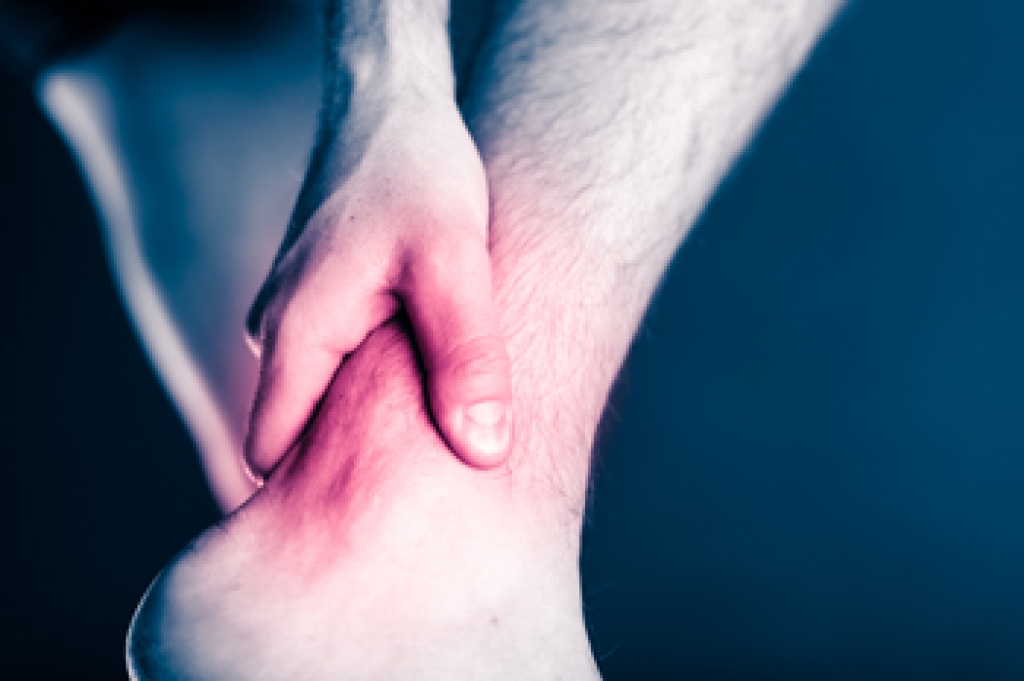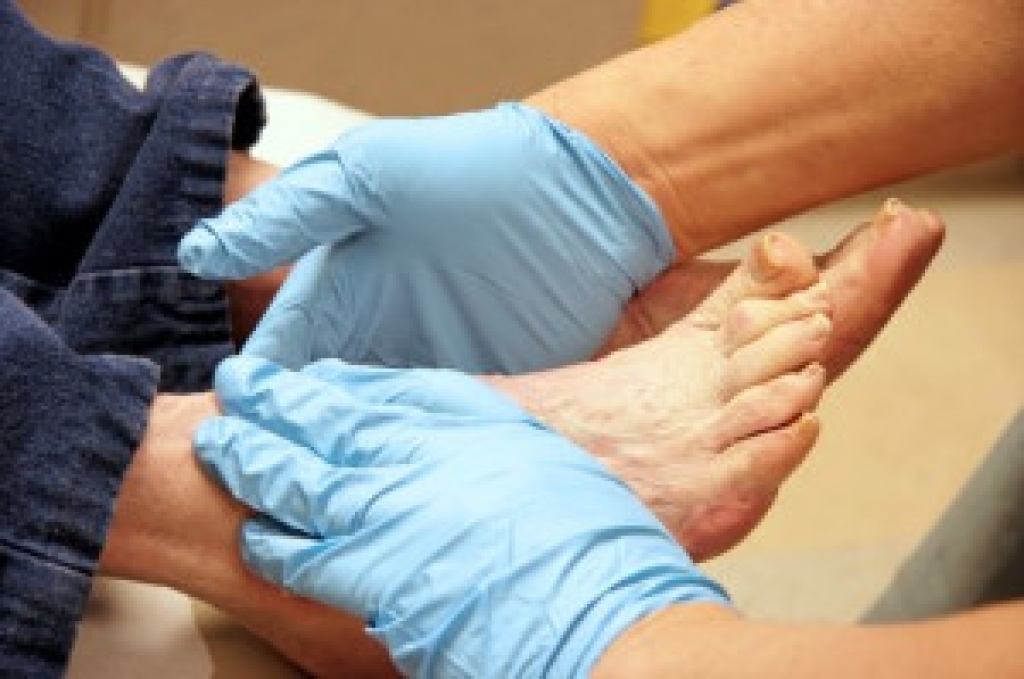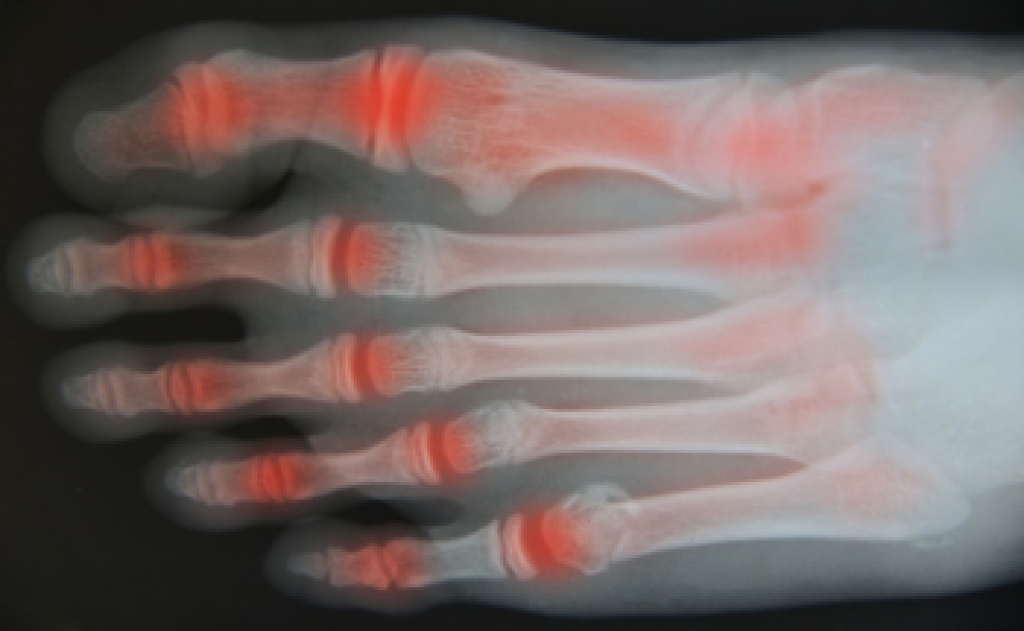
An Achilles tendon tear can be a debilitating injury, but with proper treatment, recovery is possible. The approach to treatment varies depending on the severity of the Achilles tendon tear. For partial tears, a common non-surgical option is immobilization by using a walking boot, leg brace, or splint for approximately six weeks. This restricts movement, allowing the tendon to heal correctly and prevent further damage. Using crutches may be necessary during this period to avoid putting weight on the injured ankle. Rest is an essential component of healing, along with keeping the injured leg elevated. In cases of an Achilles tendon rupture, or complete tear, surgery is likely to be necessary. Before the procedure, patients may wear a walking cast or boot to protect the injured area. During surgery, a podiatrist makes incisions down the back of the heel, reconnects the torn tendon, and stitches the wound closed. In post-surgery, patients wear a cast or splint to immobilize the tendon, with prescribed pain medication, and elevation to aid healing. If you have an Achilles tendon tear or rupture, it is suggested that you schedule an emergency appointment with a podiatrist for guidance on the proper treatment.
Achilles tendon injuries need immediate attention to avoid future complications. If you have any concerns, contact Andrew Katz, DPM of Allcare Foothealth Center. Our doctor can provide the care you need to keep you pain-free and on your feet.
What Is the Achilles Tendon?
The Achilles tendon is a tendon that connects the lower leg muscles and calf to the heel of the foot. It is the strongest tendon in the human body and is essential for making movement possible. Because this tendon is such an integral part of the body, any injuries to it can create immense difficulties and should immediately be presented to a doctor.
What Are the Symptoms of an Achilles Tendon Injury?
There are various types of injuries that can affect the Achilles tendon. The two most common injuries are Achilles tendinitis and ruptures of the tendon.
Achilles Tendinitis Symptoms
- Inflammation
- Dull to severe pain
- Increased blood flow to the tendon
- Thickening of the tendon
Rupture Symptoms
- Extreme pain and swelling in the foot
- Total immobility
Treatment and Prevention
Achilles tendon injuries are diagnosed by a thorough physical evaluation, which can include an MRI. Treatment involves rest, physical therapy, and in some cases, surgery. However, various preventative measures can be taken to avoid these injuries, such as:
- Thorough stretching of the tendon before and after exercise
- Strengthening exercises like calf raises, squats, leg curls, leg extensions, leg raises, lunges, and leg presses
If you have any questions please feel free to contact our office located in Palmdale, CA . We offer the newest diagnostic tools and technology to treat your foot and ankle needs.




